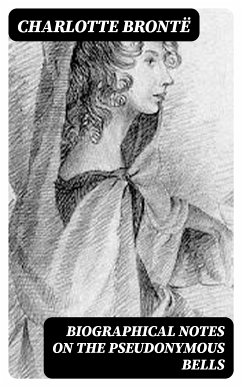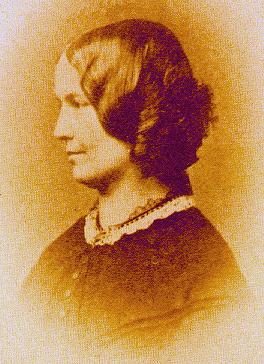Charlotte Brontë's "Biographical Notes on the Pseudonymous Bells" offers a penetrating analysis of the literary contributions of her and her sisters' alter egos, Acton, Ellis, and Currer Bell. The text serves not only as a vindication of the artistic merit of the works produced under these pseudonyms but also as a critical examination of the barriers women faced in the literary world of the 19th century. Through a blend of personal insight and literary critique, Brontë employs an intimate yet analytical style, revealing the complexity of her sisters' identities and the societal constraints that necessitated their anonymity. This work situates itself firmly within the context of feminist literature, challenging contemporary norms around gender and authorship. Charlotte Brontë, one of the most significant figures in English literature, was acutely aware of the injustices faced by women writers in an era dominated by male authors. Her own experience of writing under a pseudonym reflects both her desire for literary acknowledgment and a yearning for autonomy. The "Biographical Notes" can be seen as a culmination of her personal and professional struggles, illuminating her respect for her sisters and their literary legacies while grappling with the frustrations of being a woman in a patriarchal society. Readers interested in literary history, feminism, or the intricate dynamics of sibling relationships will find "Biographical Notes on the Pseudonymous Bells" to be an essential addition to their libraries. Brontë's eloquent prose and keen insights not only honor her sisters' contributions but also provoke thoughtful discussions about the nature of authorship and identity. This work is a must-read for anyone seeking a deeper understanding of the complexities of 19th-century literature through a feminist lens.
Dieser Download kann aus rechtlichen Gründen nur mit Rechnungsadresse in A, B, BG, CY, CZ, D, DK, EW, E, FIN, F, GR, H, IRL, I, LT, L, LR, M, NL, PL, P, R, S, SLO, SK ausgeliefert werden.










